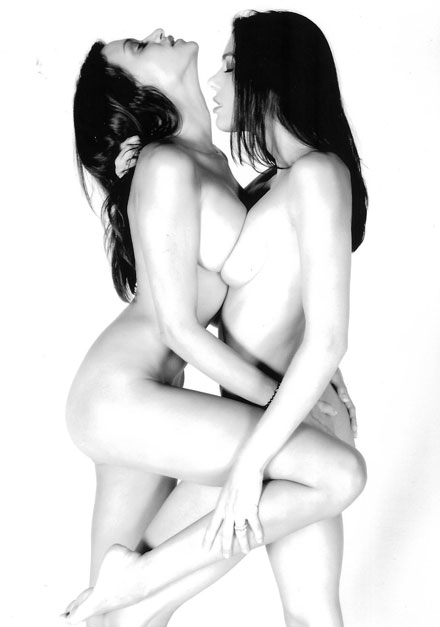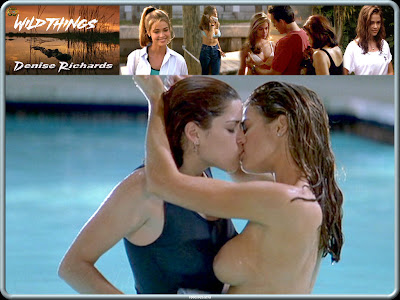




I would hope that being a lesbian is more than just enjoying and taking pleasure from being sexual with a woman. The majority, often identify us in the narrowest sense of the word. However, lesbianism is not only a sexual orientation, but also a complex system supported by psychological responses, cultural values, societal expectations, and a woman's own formulation of identity. It is this narrow and limited understanding that prevents lesbians from getting respect and consideration from the societies we belong too.
When I first come out, I was completely taken by the sexual experience and intimacy of being with another woman. I had never had sex with a woman, but had relentlessly imagined it in my mind (where I am pretty sure I wore some parts of my brain out). It was only after a few years, and my first real heartbreak that I began to learn the lesbian culture. I was exposed to music and literature, specifically written and sang in a way that meant something to me and my identity. I did not have to remove the "hims" and "his'" to make it familiar. I also enjoyed lesbian cinema, where I could visibly dissect the different aspects of a lesbian relationship- they were sadly my only role models.
It was also around that time I made friends in the lesbian community, women who I shared stories with. I enjoy all of my friendships, but my lesbian friends have a special hold on me (and not because I slept with them, because I do not sleep with my friends); because they understand the passion and craziness of loving a woman. I discovered the familiar heartaches we experience, and that there is an intricate depth among lesbian women. Unfortunately, I was also exposed to how vulnerable and alone we are. The little support there is in our society to protect us, for example, for years I was afraid of getting divorce and having my child taken away from me.
Being a lesbian became more than just who I slept with, because even as a single celibate woman I was still a lesbian. My new identity challenged me to become stronger when faced with hurdles (discrimination and homophobia), but also pushed me to embrace the beautiful and unique differences. I learned the meaning of community and the reason that standing together is more powerful than standing alone. I have had the privilege of being part of a historic time in our community, and fighting for civil rights. None of which have to do with sex, but more so what I represent.
